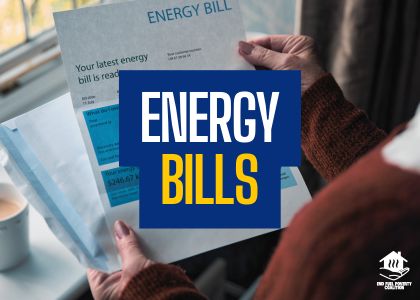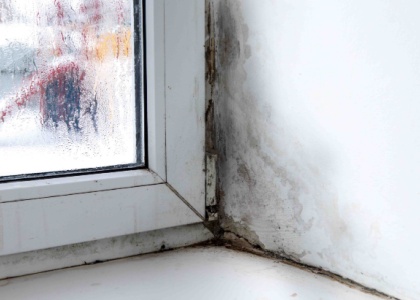The £150 Warm Home Discount will be provided to eligible households every winter until 2030/1.
It follows the expansion of the Warm Home Discount last year, adding 2.7 million families to the scheme and bringing the total number of eligible households to around six million.
In England and Wales, households who are receiving a qualifying means-tested benefit should get the discount automatically.
In Scotland, the UK Government has implied that significant changes are expected. While an estimated 345,000 Scottish households will receive it automatically, some who previously received the benefit may now miss out.
A spokesperson for the End Fuel Poverty Coalition, commented:
“As gas prices continue to demonstrate their volatility, reaching an 11-month high in recent days, keeping the Warm Home Discount in place avoids a damaging cliff-edge for households struggling through a fifth winter of the energy bills crisis.
“But simply rolling it forward at the same level, with the same rules, risks locking in a scheme that we already know doesn’t reach everyone who needs help.
“If Ministers intend the Warm Home Discount to be the backbone of energy bill support to 2030, they cannot freeze it in its current form.
“Right now, too many people are left out altogether or not given enough support to make a meaningful difference. This includes households with electric-only heating, people living off the gas grid, residents of park homes and private networks, and families facing much higher costs because of disability, illness or poor housing.
“Without uplifts for high-cost households and a clear application route for those not captured by the main scheme, it will continue to miss large numbers of people in genuine fuel poverty.
“Industry Initiatives must also be properly funded and strengthened to catch those the support excludes, including people on non-standard supplies and those with additional health needs. And in Scotland, any move to automatic data-matching must be matched by expanded Industry Initiatives, clear supplier duties, and close monitoring to ensure households who previously qualified do not quietly lose support.”
The Coalition’s full response to the Government’s consultation on this issue is available as a pdf.










